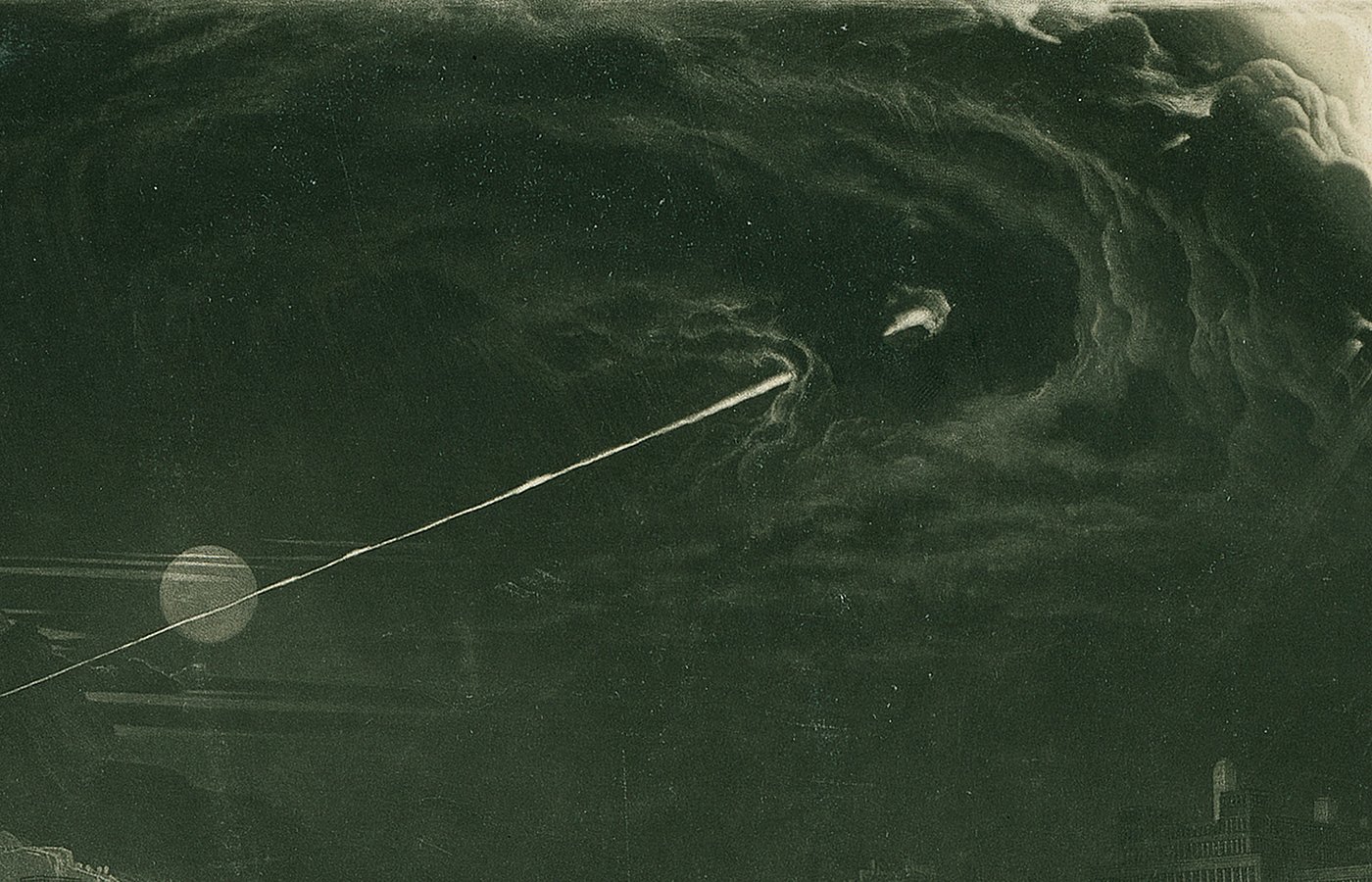"It is not only society that forms a man, but himself."
Herbert George Wells (1866-1946) was a pioneering author of science fiction classics such as The Time Machine (1895), The Island of Doctor Moreau (1896), The Invisible Man (1897), and The War of the Worlds (1898). A brilliant seer and prophet with a very pessimistic view of humanity, Wells was, nevertheless, a naive and shallow political thinker. The two sides of his mind—the artistic and the ideological; the “unofficial” and the “official”—were in conflict. It is the pessimistic artist, rather than the socialist, eugenicist, and futurist, that we remember today.
Join us for a lecture by Theodore Dalrymple (Anthony Daniels) on Wells's extraordinary "scientific romance," The Time Machine. Although Wells was an ardent believer in social progress, the future that he envisions in what is arguably his most famous novel is hardly a progressive fantasy. Instead, he conjures a dark, dystopian world, one which is in tension with his own political, evolutionary, and collectivist commitments. An artist whose creativity and insight were untrammeled by his personal politics, Wells offers an instructive example of a literary genius divided between his views and his muse, his own personal perspective and his enduring, inspired vision. Wells's prescient insights, and troubling self-contradictions point to deep questions at the heart of human nature.
This lecture and discussion were recorded with a live online audience on March 17th, 2022.
Artists, Art, and Writings Mentioned in this Episode
H. G. Wells
'The Misery of Boots'
Experiment in Autobiography
Star Begotten
The Time Machine
'War of the Worlds
The Island of Doctor Moreau
Tono-Bungay
Mind at the End of Its Tether
Gulliver’s Travels, Jonathan Swift
Hamlet, specifically Gertrude on Ophelia's death (Act 4, Scene 7)
Heart of Darkness, Joseph Conrad
London Labour and the London Poor, Henry Mayhew
Links of Possible Interest
Video Timeline
- 6:18 - Lecture begins: Wells' background
- 10:01 - Wells' view on society and social arrangement
- 15:22 - 'The Misery of Boots' and inequality
- 18:46 - Wells' cosmopolitan view and move to non-fiction
- 22:27 - Star Begotten and Wells' pessimism
- 24:57 - Belief in technocracy to solve man's problems
- 27:56 - Time Machine: the division of humanity
- 40:39 - Island of Doctor Moreau and pessimism of animal nature of man
- 42:12 - Tono Bungay and absence of personal responsibility
- 45:44 - Conclusion: Mind at the End of its Tether
Discussion
- 47:27 - Wells' inner tensions and contradictions; isolation of intellectuals; social theory vs social reality
- 55:23 - Reality that impinges upon us regardless of culture; technocratic thinking and its problems
- 1:06:41 - How can we be aware of self-delusion?
- 1:10:37 - Why are we disconnected from the past?
- 1:13:02 - What arises from looking at humanity as an abstraction?
- 1:19:08 - What does The Time Machine say about progress?
- 1:20:13 - Why is the novel disturbing?
- 1:23:01 - Human particularity in The Time Machine
- 1:29:57 - Wells' contribution to the 'Declaration of Human Rights'
- 1:31:12 - Absence of sexual difference and the family in The Time Machine
- 1:38:14 - Time Traveler's background in science
- 1:40:02 - Necessity of difficulties in life



